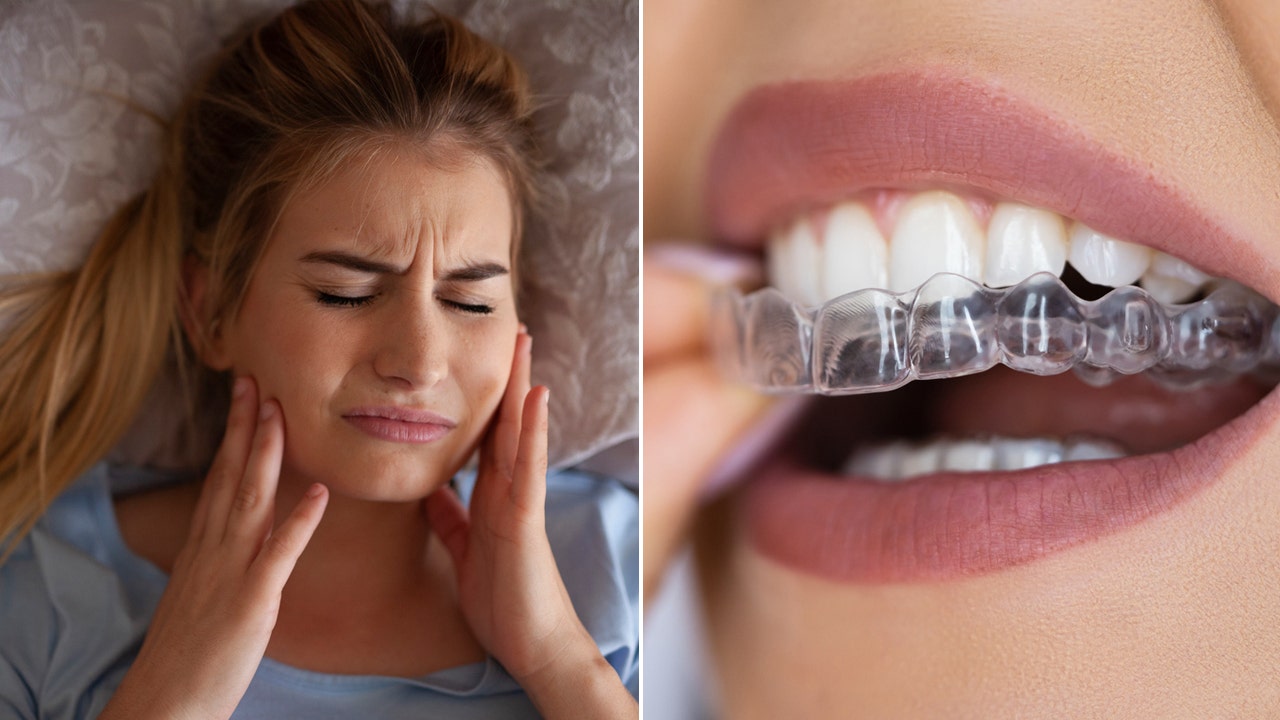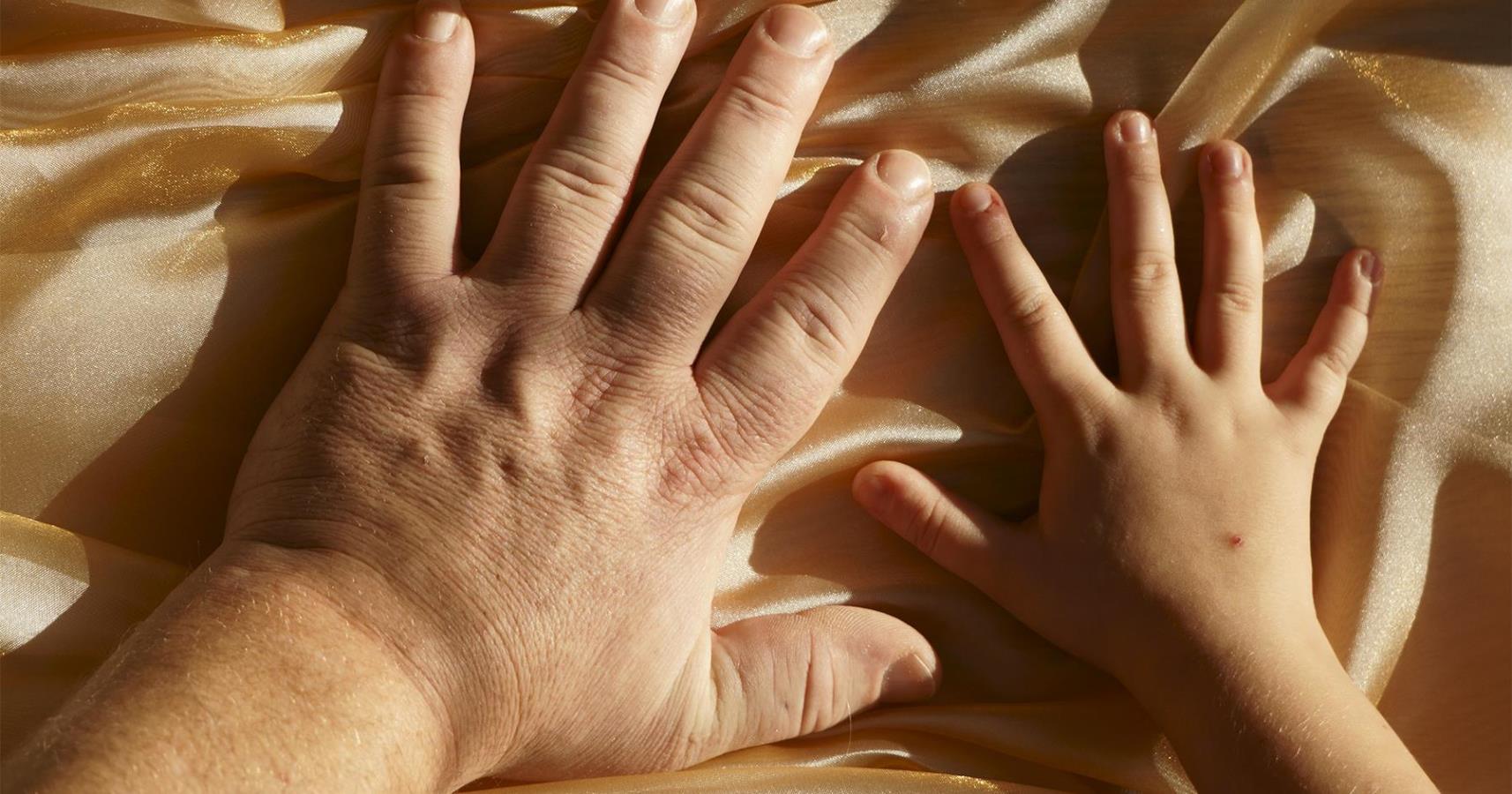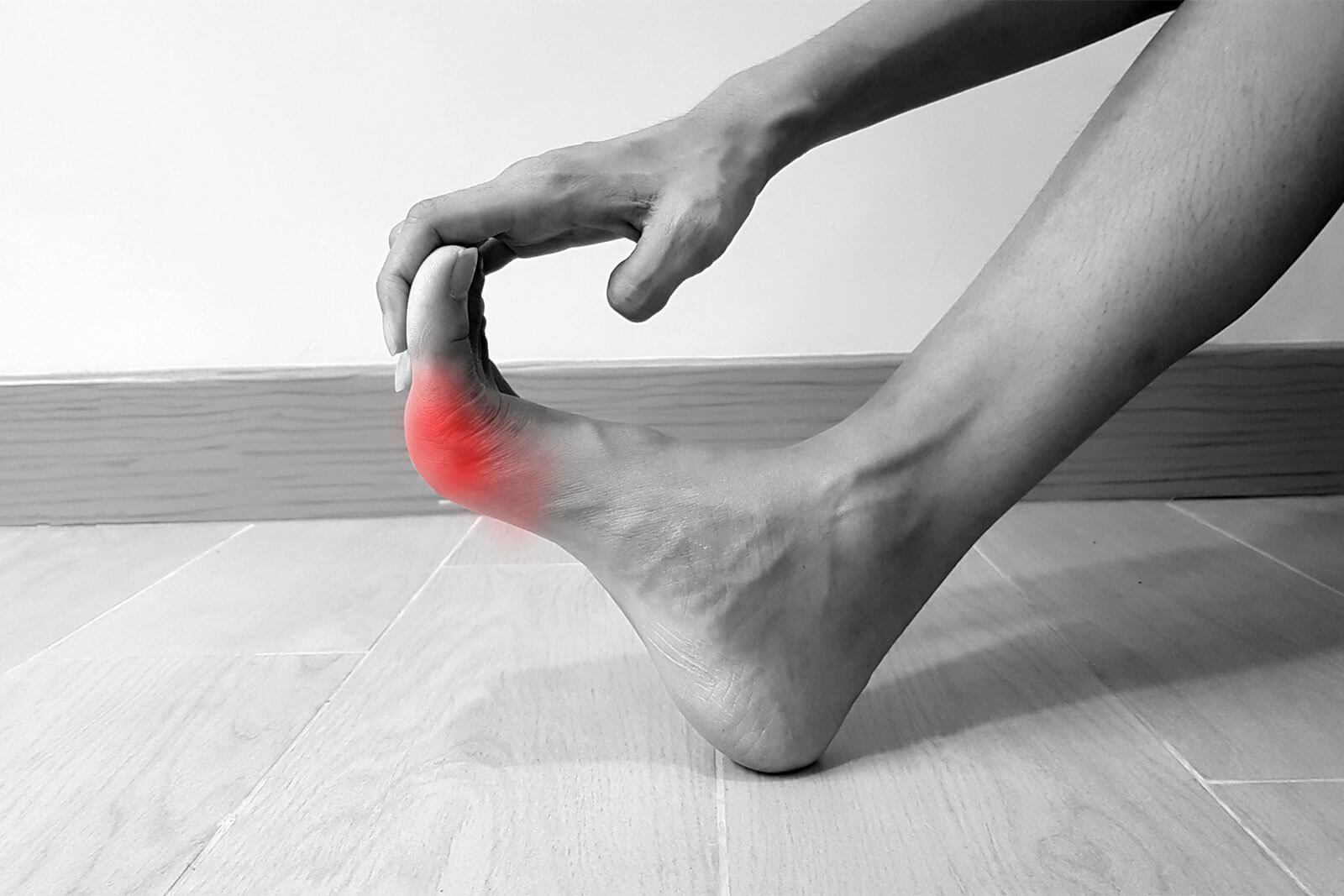What Is Bruxism?
Bruxism is the unconscious grinding or clenching of teeth, often occurring at night (sleep bruxism) or during the day (awake bruxism). Long-term teeth grinding can lead to tooth wear, jaw pain, headaches, and other health issues.
If you suffer from bruxism, the following treatments may help alleviate the symptoms.

1. Mouthguards and Splints
Mouthguards are occlusal splints that can help cushion the teeth and prevent them from grinding against each other.
- Custom-made mouthguards: These are tailored by a dentist for better fit and comfort but are more expensive.
- Over-the-counter (OTC) mouthguards: More affordable but may not fit as well as custom-made ones.
Both types can reduce the damage caused by bruxism and protect your teeth.
2. Coronoplasty
Coronoplasty is a dental procedure used to reshape or level the biting surface of the teeth, especially if bruxism is caused by misalignment.
- Reductive coronoplasty: Adjusts the biting surface to reduce friction between teeth.
- Additive coronoplasty: Uses dental materials to rebuild and align the teeth.
If your bruxism is linked to an improper bite, this treatment may be beneficial.
3. Botox Injections
Botulinum toxin (Botox) can help reduce the intensity of teeth grinding by relaxing the jaw muscles.
- Studies suggest that Botox injections can alleviate pain and bruxism-related discomfort.
- More research is needed to confirm its long-term safety and effectiveness.
- Effects typically last 3-4 months, requiring repeated treatments.
Consult your doctor to determine if Botox is suitable for you.
4. Biofeedback Therapy
Biofeedback is a technique that helps individuals become aware of and control their jaw muscle activity.
- Uses visual, vibratory, or auditory feedback to help manage bruxism.
- Studies suggest short-term benefits, but more research is needed for long-term effectiveness.
Biofeedback may be a suitable option for those who grind their teeth while awake.

5. Stress Reduction Techniques
Stress is often linked to bruxism, so reducing stress levels may help.
Effective stress reduction methods include:
- Meditation : Can help alleviate stress, anxiety, and depression.
- Yoga : Some studies suggest yoga may help with mild to moderate depression.
- Talk therapy : Speaking with a therapist or trusted friend may help manage stress.
- Exercise : Releases endorphins, which can reduce stress and improve mood.
If your bruxism is stress-related, incorporating these techniques may be beneficial.
6. Jaw and Tongue Muscle Exercises
Practicing specific jaw exercises can help relax the jaw muscles and promote proper alignment.
Try the following exercises:
- Open your mouth wide while touching your tongue to your front teeth to relax the jaw.
- Say the letter “N” out loud to prevent the upper and lower teeth from touching, reducing clenching.
- Gently massage the jaw muscles to ease tension and discomfort.
Performing these exercises daily may help alleviate bruxism.
Complications of Bruxism
Untreated bruxism may lead to the following complications:
- Headaches
- Jaw, facial, and ear pain
- Worn-down, flattened teeth
- Loose or painful teeth
- Cracked or fractured teeth
- Damage to fillings or crowns
In severe cases, bruxism can also cause chewing, speaking, and swallowing difficulties.
Long-term bruxism can result in chronic ear pain, enlarged facial muscles, and dental damage requiring extensive dental procedures.
When to See a Doctor
If you suspect bruxism, or if you experience symptoms such as tooth wear, jaw pain, or headaches, consult a dentist.
A dentist can:
- Examine your teeth for signs of grinding.
- Assess your bite and alignment.
- Recommend appropriate treatments such as mouthguards or occlusal adjustments.
If stress or an underlying condition is contributing to your bruxism, you may also need to see a doctor for further evaluation.
Conclusion
Bruxism is a common condition that can lead to dental and jaw-related issues. Early treatment is key to preventing complications.
Six effective remedies for bruxism include:
- Using mouthguards to protect teeth
- Undergoing coronoplasty to correct misalignment
- Getting Botox injections to relax jaw muscles
- Practicing biofeedback therapy to control muscle movements
- Implementing stress-reduction techniques
- Performing jaw and tongue exercises
If you suspect you have bruxism, consult your dentist or doctor for personalized treatment options.













